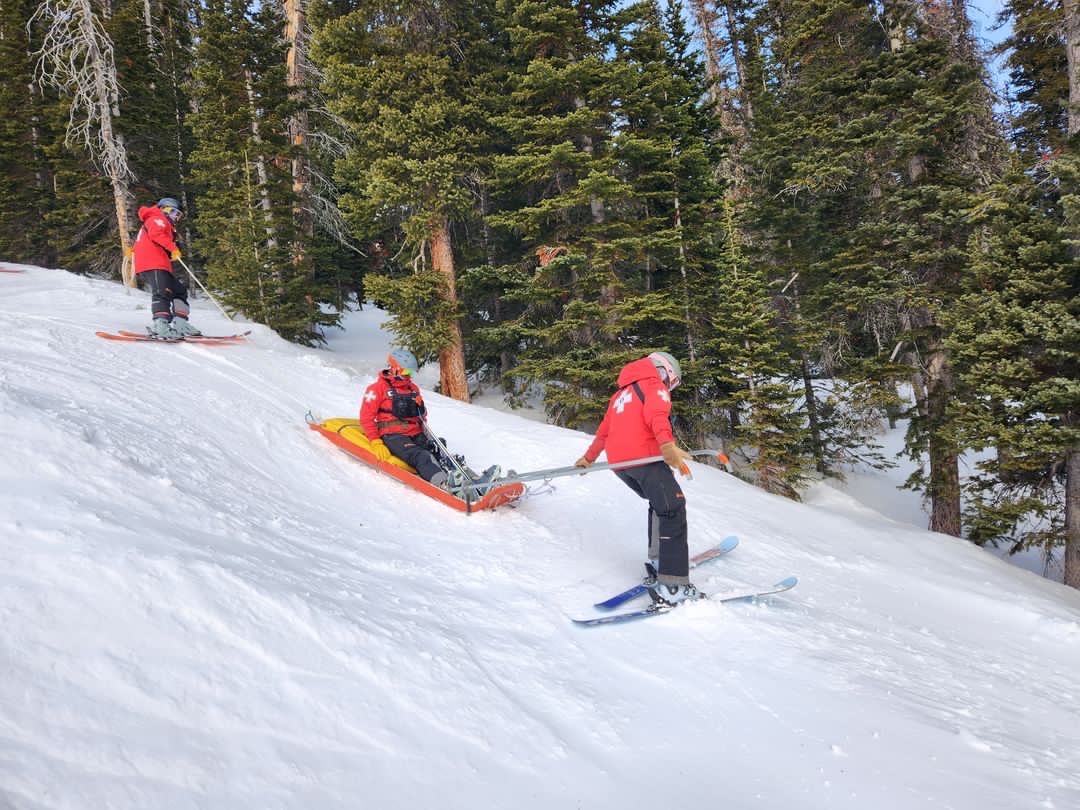
On March 28 and 30, ski patrollers from Eldora, Colorado, finally had a chance to vote on forming a union in their workplace. The patrollers from Eldora have faced fierce anti-union activity from resort management and Powdr, Eldora’s parent company, but have diligently continued to work towards better compensation and better working conditions. While the union vote was not the final hurdle to clear, it represented an important milestone in Eldora patrollers’ efforts to organize.
Unionized patrols across the country seek better compensation, better conditions, and more training for the highly skilled and technical work that they do. This past winter has continued to add momentum to the labor movement in the ski industry. A union was recently voted in with 90% support at Keystone, Colorado, and elections are expected at Whitefish, Montana, Solitude, Utah, and Palisades Tahoe, the first ski area in California to make steps towards unionizing.
- Related: Ski Industry Unions Across America Fight For Experienced Staff Retention and Training Incentives
Patrollers at Eldora began organizing around February 2023, motivated in part by a survey Powdr sends out to their employees. Nick Lansing, a ski patroller at Eldora, described how every year patrollers would lay out a “myriad of issues related to how patrol was treated,” and every year patrollers felt like these concerns were not addressed. These concerns included not getting overtime pay until after 56 hours, a loophole in the Fair Labor Standards Act carved out for seasonal employers, not getting adequate compensation for experience, and concerns over the quality of their working facilities, especially access to bathrooms. Lansing said, “Our year-to-year pay adjustments were not sufficient to keep the talent and the knowledge we had curated,” which he believes contributed to a low retention rate. Eldora provided SnowBrains with the following written statement:
“After substantial discussions with Patrollers in 2018, Patrol Management switched to and encouraged four-day work weeks to promote health and avoid burnout. Under this system, which remains in place currently, the vast majority of Patrollers never exceed 40 hours in a work week. The details are telling. This last season, our hourly Patrollers worked an average of 23.09 hours per work week. Any work over 40 hours by any Patroller was limited and voluntary. We are proud of our compensation structure. As always, if a Patroller believes we are under market, they can and should raise that issue to management with supporting data. Eldora pays its patrollers a competitive wage above the state average and above unionized resorts elsewhere.”
Yet, internal communications between Eldora and its ski patrol tell a different story. In one email shared with SnowBrains by an unnamed patroller who was fearful of backlash from the resort, Les Marsh, Director of Human Resources for Eldora, told patrollers, “I don’t understand how our current compensation is failing those Patrollers that work less than a full-time schedule. There are opportunities to work.” Additionally, Marsh told patrollers it was his opinion that patrollers are better off dealing directly with management, without representation from a union.
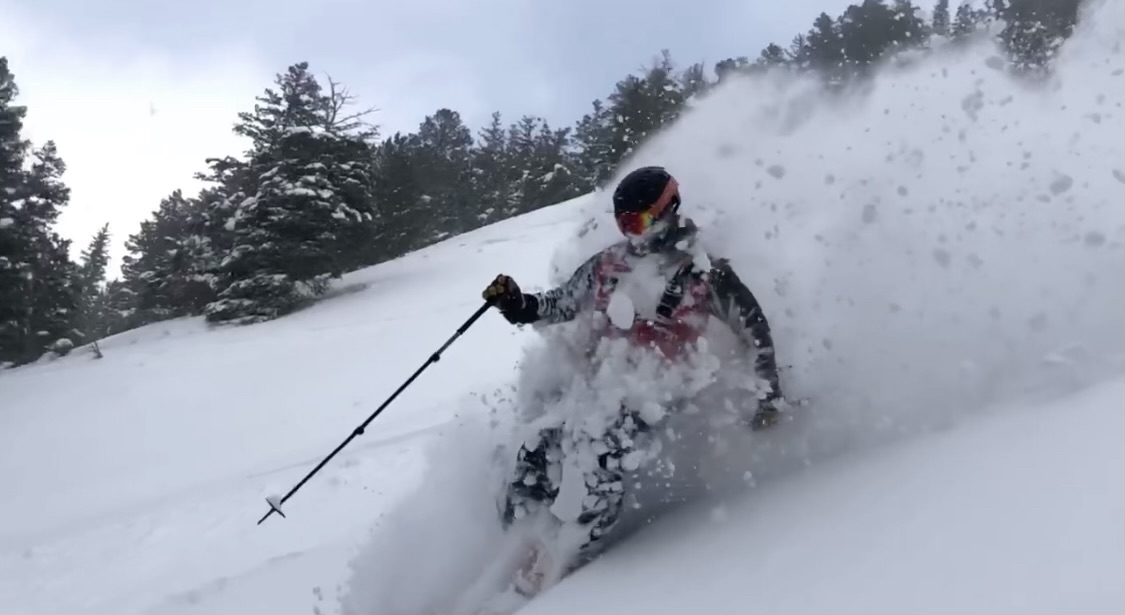
After internal conversations for a few months, patrollers from Eldora started reaching out to the United Professional Ski Patrols of America. The UPSPA is part of the Communications Workers of America, one of the largest unions in the country. Through initial conversations like these, representatives from the UPSPA, who are patrollers themselves, help patrols interested in organizing understand how the unionization process works, what they’ve been able to accomplish, and what challenges patrols can expect during their organizing efforts. Lansing said that around August 2023, after a few more months of continued internal conversations and informal conversations with UPSPA, he and other patrollers realized they had widespread support for a union.
Patrollers from Eldora initially filed their petition to hold a union election in October 2023. A petition must be filed with the National Labor Relations Board with signatures in favor of a union from at least 30% of the workplace. If at least 50% of the workplace signs on to the petition, the employer can choose to recognize a union outright. Otherwise, the NLRB holds an election where employees vote on whether or not to form a union. With 50% plus one vote, a union can be voted in.
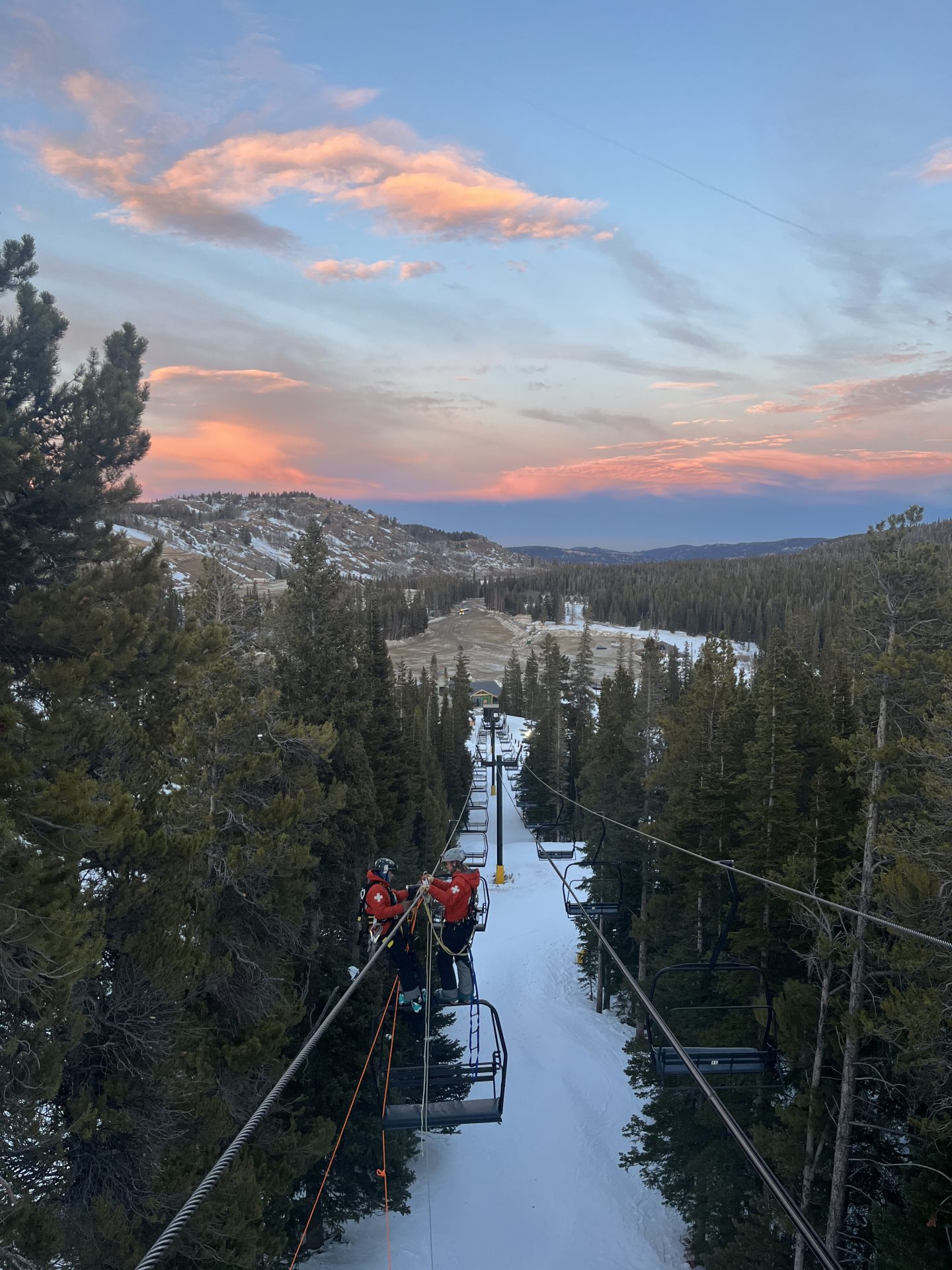
After filing the initial petition, the CWA requested a postponement due to a schedule conflict. The CWA then filed to withdraw their petition with the intention of refiling at a later date. After the CWA refiled their petition, Eldora and Powdr then filed an appeal with the NLRB arguing that a ski patrol union would have to include volunteer patrollers as well as paid patrollers.
Eldora frequently staffs volunteer ski patrollers on weekends and holidays, as do many other ski resorts. These volunteer patrollers have similar skills to paid patrollers: they respond to medical emergencies, carry out rescues, and work to maintain guest safety among other duties. However, volunteers do not collect any income from the ski area and have separate careers, meaning that they are not directly impacted by resort compensation policies. While volunteer ski patrollers would certainly also benefit from better facilities, more opportunities for training, and more effective retention of experienced patrollers, they do not rely on wages from the resort to pay rent and buy groceries in a mountain town.
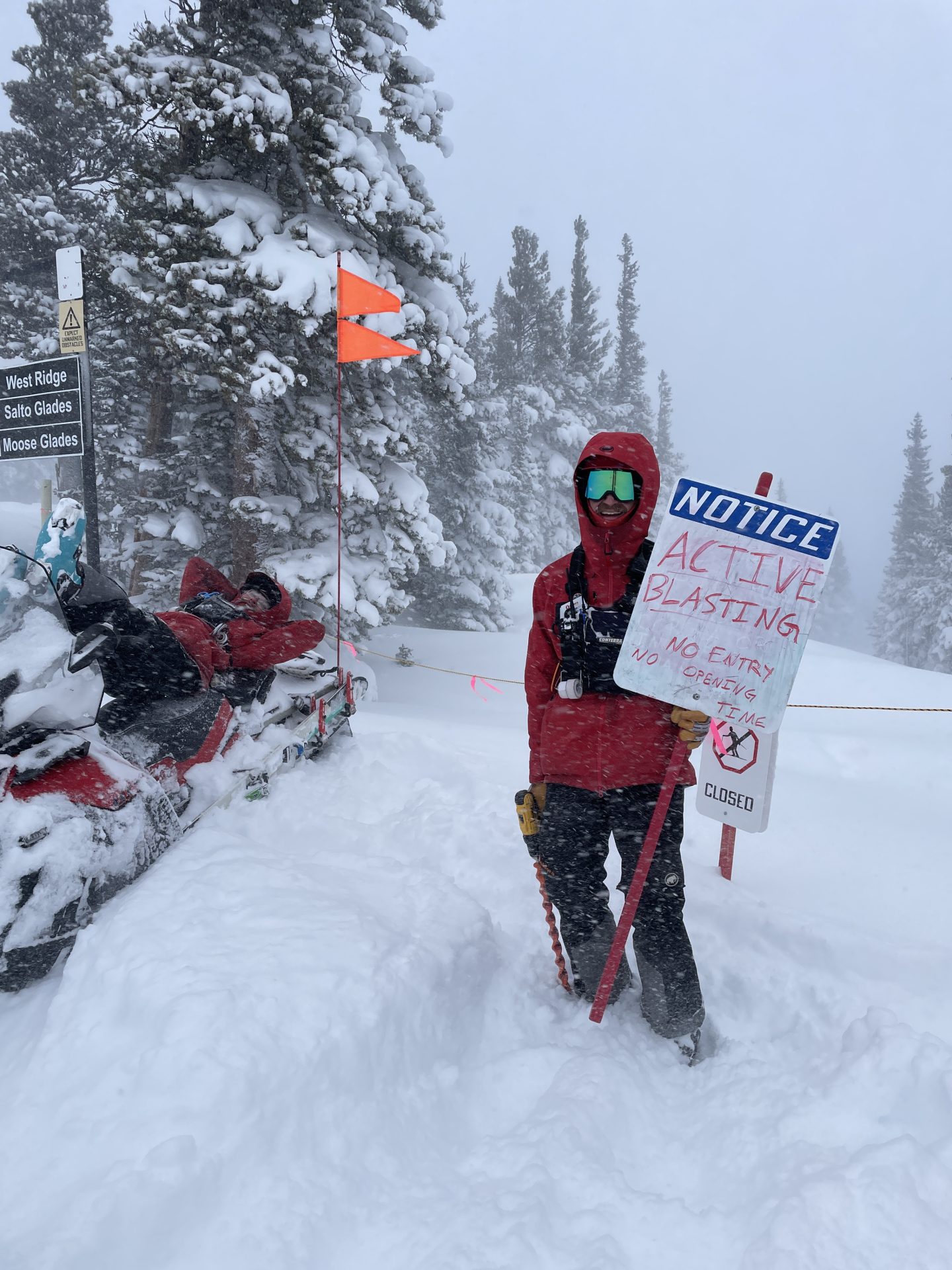
Eldora and Powdr argued that volunteers should be included in the union because they are almost indistinguishable from paid patrollers in the work that they do. Broadening the scope of petitioned-for unions is a tactic sometimes used by employers as an attempt to sufficiently dilute support for a union before the election or to leave open the possibility of voting out a union more easily in the future. Lansing said that unionization efforts at Eldora have gotten great support from the volunteer ski patrollers and that many of them were surprised Eldora and Powdr wanted to include them in the union.
The CWA moved to oppose the inclusion of the volunteers and a two-day hearing was held starting on December 13, 2023. Transcripts of the hearing obtained by SnowBrains through a Freedom of Information Act request revealed much of the argument was spent trying to find specific areas where volunteer and paid ski patrollers’ duties either overlapped or did not. Attorneys for the CWA argued that paid patrollers at Eldora are expected to perform a wider range of specialized activities than what is expected of the volunteer patrollers. These duties include driving snowmobiles and other company vehicles, performing avalanche mitigation work and out-of-bounds rescues, conducting accident investigations, responding to serious patients in the ski area, and other specialized activities.
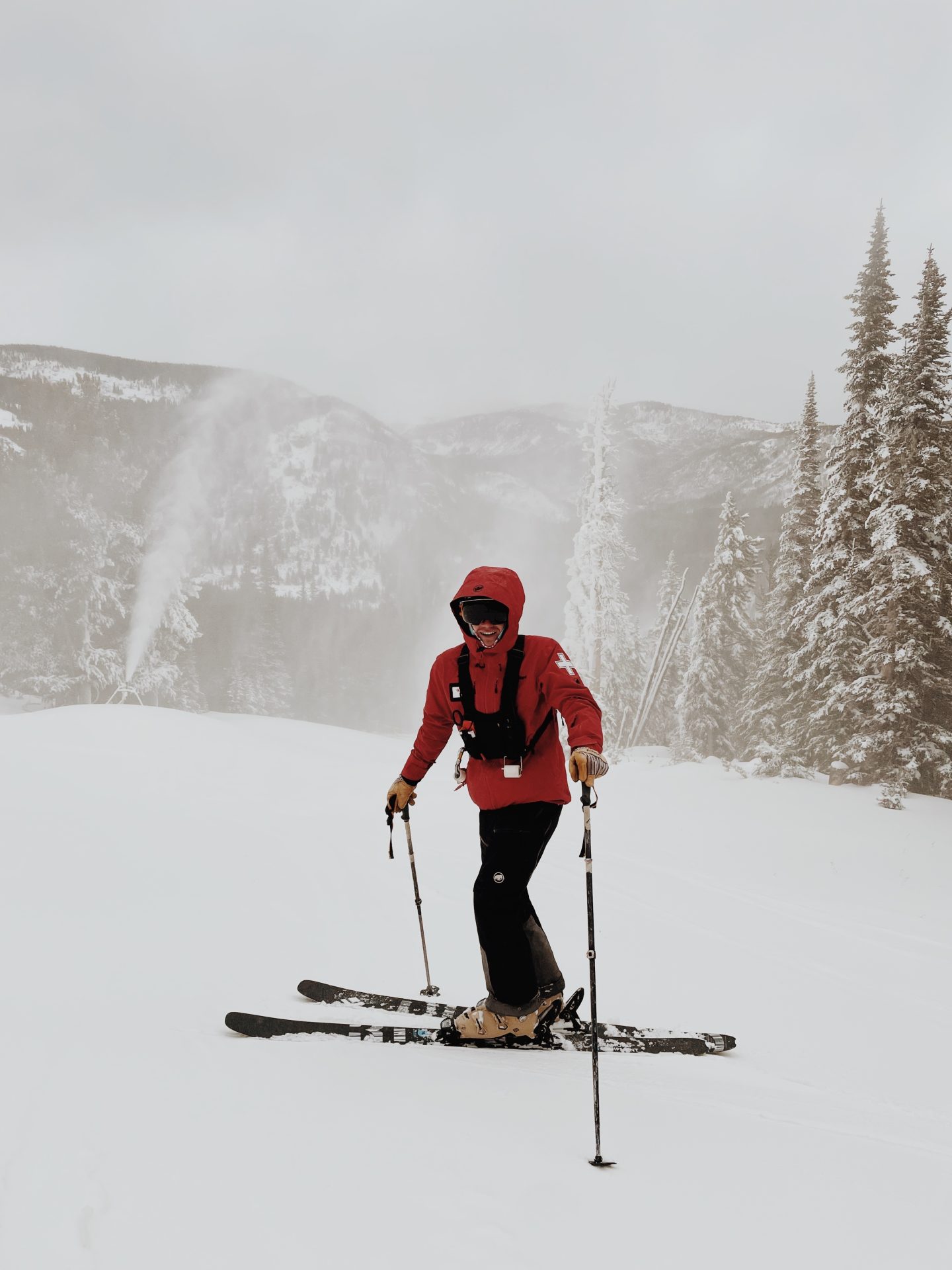
On the other hand, attorneys for Eldora and Powdr argued that entry-level paid patrollers in their first year do not perform many of the specialized activities listed above. They also argued that volunteers have assisted with many specialized activities in the past. One of the major points of contention was whether occasional assistance in an activity, like avalanche mitigation work or accident investigation, is the same as routinely leading those activities. After two days of argument revolving around the finer points of ski patrolling, the CWA’s closing statement tried to move away from “the periphery” of the issue and brought up the biggest difference between paid and volunteer ski patrollers.
“Perhaps the most important factor: the volunteers don’t get paid.” William Reinken, an attorney representing the CWA said. “There’s no dispute about that. There’s an argument that they get some type of discounts and passes. But there’s no dispute that the paid patrollers, the bargaining unit that’s being proposed by the Union, gets paid hourly. They also get other benefits. They’re eligible for a 401(k) plan. That’s undisputed. If they work a certain number of hours, they’re eligible for health care. There’s no testimony in the record that any volunteer is basically supporting themselves or getting sustenance by being a volunteer. For the paid patrollers, this is their job. This is the way they make their living.”
In a turn of events, the NLRB sided with Eldora and Powdr. On March 13, 2024, the Regional Director issued his decision requiring the volunteer ski patrollers be included in the union. “That was something everyone involved on our side was pretty surprised by. I think it’s worth noting some of the people most shocked by that were our volunteer patrollers,” Lansing said. Eldora said that all workers have a right to join a union and that Eldora prohibits any form of discrimination against any employee for wanting to join or refrain from joining a union.
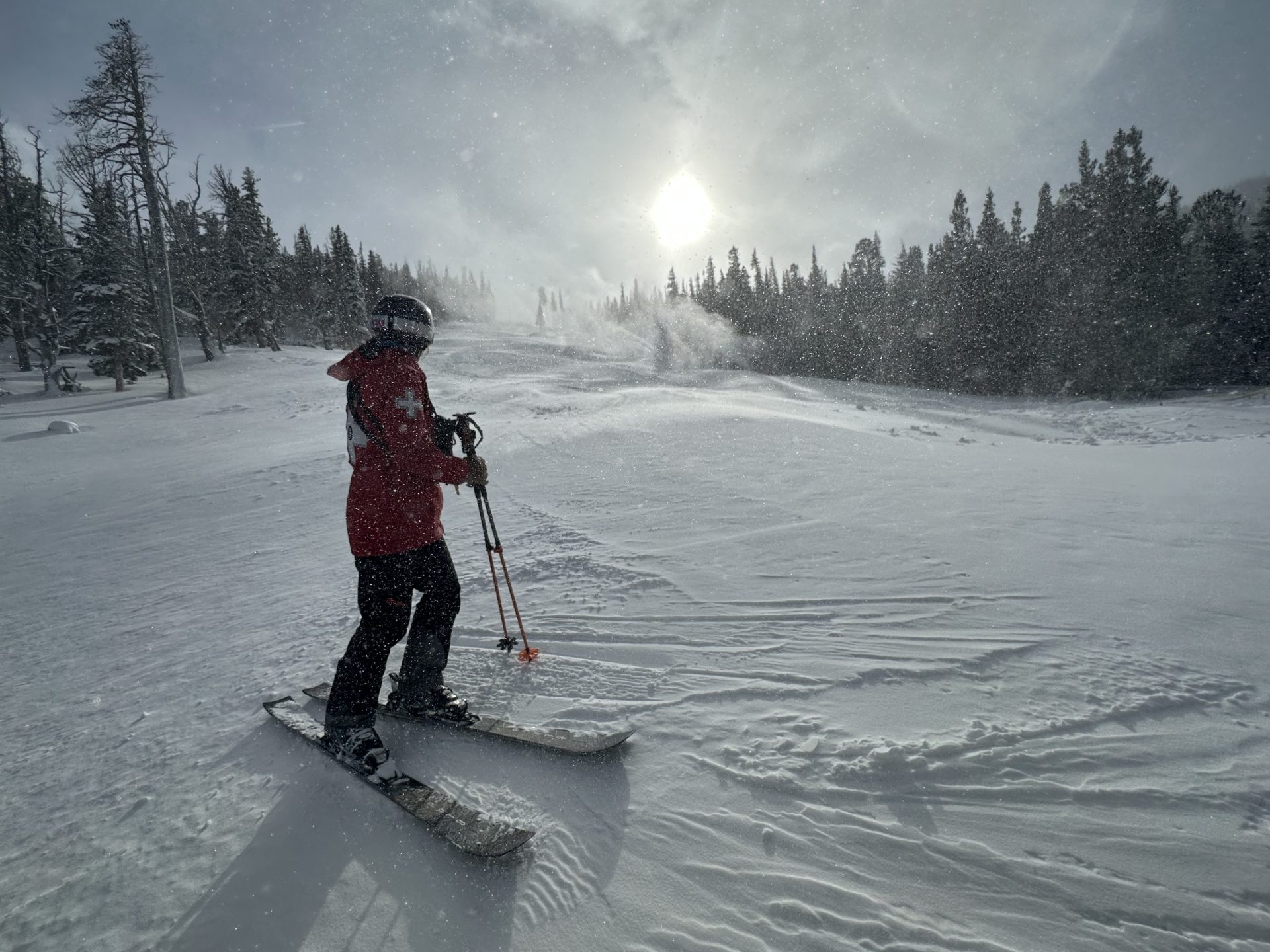
The decision handed down by the NLRB also scheduled the election for March 28 and 30, with options to vote at Nederland, or Boulder, Colorado. The union filed an appeal to the decision but wanted the election to proceed at the end of March. With the end of the season rapidly approaching, many ski patrollers would soon be leaving for wildland firefighting jobs or other summer jobs located far away from Eldora, making it harder to cast their vote in an election.
The election proceeded on March 28 and 30, 2024, with 32 paid patrollers and 13 volunteers casting ballots. Due to the challenge to the volunteer patrollers’ eligibility, the volunteer votes were sealed. Paid patrollers cast 29 votes in favor of a union and 3 opposed. Even though there are not enough volunteer votes to change the outcome of the election, the results cannot be certified until the dispute is resolved and the volunteer votes are counted. “Anyone who has opposed the effort will tell you they’ve been treated very respectfully,” Lansing said. “We had a couple of people who opposed the union who came out to our post-vote gathering to hang out with the team—that’s something we’re all proud of.”
After the election, Eldora filed a challenge to the results, alleging the union had engaged in intimidation to suppress the volunteer vote. However, Lansing described how despite the union’s opposition to including the volunteers, they wanted every volunteer to vote if they wanted to, and that paid patrollers value the work and dedication volunteers bring to the ski area.
“In many ways, we’ve seen a failure at the management level, not with everyone, but with our mountain manager and our patrol director—a real failure to prioritize the work. We have made it a priority all season to maintain a positive relationship with management and with several people at the top we’ve failed to ever see that reciprocated,” said Lansing.
Other patrollers involved in the union who wished to remain anonymous because of fear of backlash, told SnowBrains, “our director was pretty inflammatory. He made it pretty clear that he was anti-union.” Eldora objected to this opinion, saying there was “no substance to this allegation.”
Lansing shared that his rehire status with Eldora is unknown, along with several other key members of the union. Typically, he said the rehire status is determined at the exit interview on a written performance evaluation. Lansing said that although his performance review for this season was positive, his rehire status was left blank, and was asked to sign the review after being told by management that it would be decided further down the line. Eldora denied Lansing’s claim, stating, “We can confirm that no employment decision—whether it benefits the employee or adversely impacts the employee—has been made because of an employee’s involvement with a labor organization.” If Eldora opts not to rehire certain patrollers because of their involvement with the union, including communicating ideas about unionization to the general public, it would be a serious violation of labor laws.
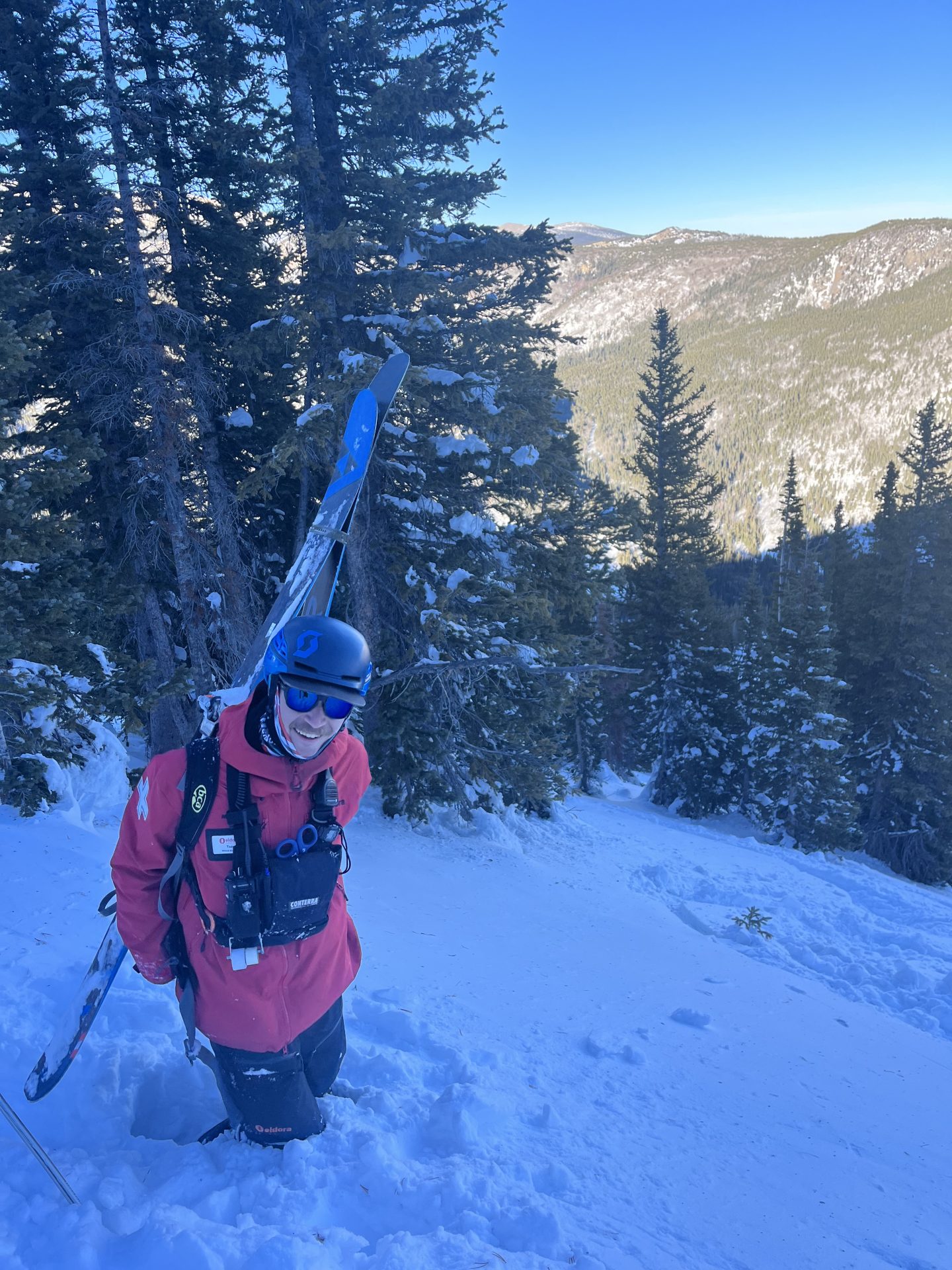
On May 29, Eldora officially withdrew their challenge to the election results. In a letter to the CWA attorney, Brent Tregaskis, President of Eldora, said, “Although we stand by the underlying merit, we are withdrawing the objections so that we can focus on what is important: our Patrollers. In that spirit, we invite the CWA to join us at the bargaining table upon Board certification of the vote.” In an email to Eldora ski patrollers, Tregaskis said, “You represent a critical part of our resort operations, and we are committed to providing everyone who wears an Eldora uniform a fair, supportive, and collaborative work environment.” Lansing reflected on Tregaskis’ words, saying, “If they’re genuine in that statement it would be a positive step, but we’ve heard all sorts of things from management at this point, and can’t count on any of it. What would truly be a show of good faith would be if they gave the pro-union patrollers, whose rehire status they’ve withheld, a written positive rehire status, which is standard for end-of-season exit interviews around here.” Pending official certification from the NLRB, ski patrollers at Eldora are now unionized. Another patroller, who wished to remain unnamed because of fear of retaliation, said “I’m super glad that they are going to show good faith but I am not confident they are going to show up to the bargaining table in good faith just because of their actions. I don’t think they are going to show up to the table wanting to work with us.”
Contract negotiations could be as short as a few weeks or go up to 18 months, as in the case of Park City, Utah, ski patrollers. Park City patrollers fought hard for higher starting wages and parity with other Colorado resorts. A deal was finally struck at a $15/hr starting wage, up from $13.25/hr, after 50 bargaining sessions. Other experience and training incentives brought the average patroller wage to $19/hr. The final bargaining session, which took place in January 2022, lasted 15 hours and averted a strike.
In contract negotiations, the two sides negotiate until they both agree on a labor contract, which then needs to be ratified by the union. The magnitude of the disagreement between the two sides largely determines how long the contract negotiations will take. No labor contract is perfect for either side and almost always involves extensive compromise. If either side is unwilling to work together towards those compromises, then negotiations can stretch out into many months. The union has said some of its top priorities are overtime after 40 hours, higher pay based on experience, easier qualification for company health insurance, and access to indoor restrooms while working on the mountain.
Eldora ski patrollers have been working for almost 16 months to form a union and they have finally succeeded. Through a long, challenging, and complicated process, patrollers at Eldora have persisted in their desire to pursue better compensation and better working conditions. An officially recognized union gives ski patrollers at Eldora a voice for the terms of their employment. While opposition to unionization remains quite common in the ski industry and across other industries, the protections afforded by a union once created give workers powerful ways to have meaningful conversations with their employers.
More from Zach Armstrong:
- How the Fatal GS Bowl Avalanche at Palisades Tahoe, CA, Happened and Why it Could Happen Again
- Public Money Gets Funneled into Massive Deer Valley, UT, Expansion
- Ski Industry Unions Across America Fight For Experienced Staff Retention and Training Incentives
- Lawsuit Filed Against Little Cottonwood Canyon, UT Gondola: What Does It Say and What Does It Mean?